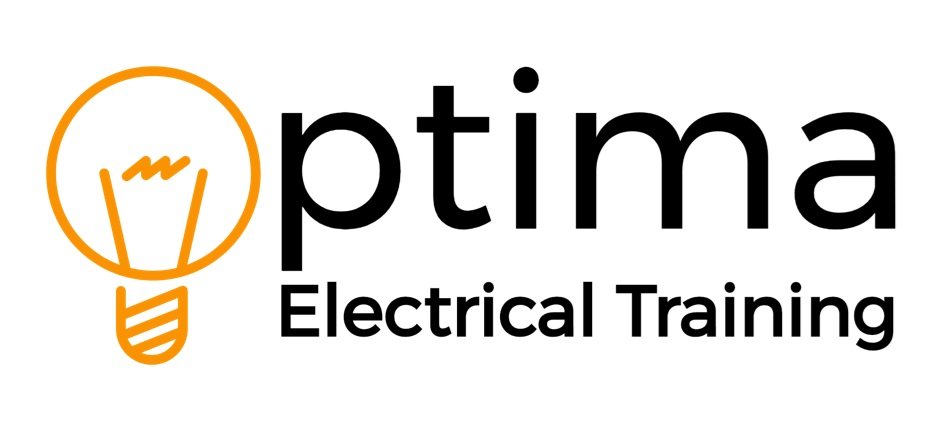ECA Backs Ambitious Plans for House Building and Clean Energy Infrastructure
Leading electrotechnical and engineering services trade body, ECA, has expressed strong support for the new government's plans for an immediate programme of house building, investment in infrastructure including clean energy, and efforts to unblock the planning system.
The government’s new agenda sets the stage for a transformative period in the UK’s infrastructure landscape. ECA Chief Operating Officer, Andrew Eldred, highlighted the optimism within the electrotechnical sector. "We have seen a new era of opportunity set out by the Chancellor and the Secretary of State for Energy Security. Businesses in the electrotechnical sector will welcome the swift actions taken by the new government with the prospect of economic growth promising busy order books after months of flatlining."
This optimism is well-founded, given the significant figures associated with these plans. The pledge to build 1.5 million homes over the next five years represents a massive boost to the construction sector, potentially generating thousands of jobs and stimulating economic activity. Additionally, the focus on clean energy infrastructure is expected to attract substantial investment, estimated to be in the billions of pounds.
Addressing Workforce and Payment Challenges
Eldred also pointed out the challenges accompanying these ambitious plans. "These ambitions will increase an already stretched workforce and could exacerbate the culture of poor payment practice in supply chains. The government must work closely with industry to address these underlying structural issues to have a chance of fulfilling their pledges."
The construction industry is currently facing a skills shortage, with an estimated 217,000 new workers needed by 2025 to meet demand. This shortage highlights the need for targeted training and development programmes to equip the workforce with the necessary skills. Furthermore, the issue of poor payment practices in supply chains, which has been a longstanding problem, needs urgent attention to ensure that businesses can operate sustainably and confidently.
Key Pledges
The government’s key pledges include Chancellor Rachel Reeves’ commitment to building 1.5 million homes over the next five years, addressing the critical housing shortage. This initiative is expected to provide much-needed affordable housing and stimulate economic growth by creating jobs and boosting related industries such as manufacturing and retail.
Energy Secretary Ed Miliband has reiterated the Labour party’s commitment to enhancing energy independence and reducing bills through clean power by 2030. This pledge aligns with global trends towards sustainability and the urgent need to address climate change. Investment in clean energy infrastructure is projected to significantly reduce the UK’s carbon footprint, with the potential to cut greenhouse gas emissions by up to 68% by 2030 compared to 1990 levels.
ECA's Role in the Clean Energy Transition
ECA remains dedicated to positioning the electrotechnical sector at the forefront of the clean energy transition. This involves advocating for appropriate skills development and investment in energy efficiency and low carbon technologies. The Association believes that the electrotechnical sector is crucial in achieving the UK’s Net Zero Carbon targets.
ECA’s ongoing efforts include lobbying for policies that support the sector, developing training programmes to upskill the workforce, and promoting the adoption of innovative technologies. By doing so, ECA aims to ensure that its Members are well-equipped to lead the way in the clean energy transition.
Supporting the Electrotechnical Sector
ECA works in close collaboration with its Members, industry partners, and the Government to elevate the profile of electrical contractors in the journey towards Net Zero Carbon. The Association regularly produces guidance notes, technical bulletins, and industry updates to ensure its Members are well-informed and prepared for the Net Zero transition.
One of the key benefits of this collaboration is the ability to influence policy and regulatory changes that support the sector. For example, ECA has been instrumental in advocating for the inclusion of electrotechnical training in government-funded apprenticeships and vocational programs, which are essential for addressing the skills gap.
Furthermore, ECA’s efforts to promote energy efficiency and low carbon technologies have led to the development of several initiatives aimed at reducing energy consumption and emissions. These initiatives include promoting the use of smart technologies, supporting the adoption of renewable energy sources, and encouraging the implementation of energy-efficient practices in both residential and commercial properties.
If you're considering a career change or looking to enhance your existing skills, now is the perfect time to take the initiative and enrol with Optima Electrical Training. With the availability of interest-free payment plans, it's easier than ever to get started.
Contact us today to embark on your training journey.
Contact us: Request Information
Email: info@optima-ect.com
Freephone +44 800 0371572




